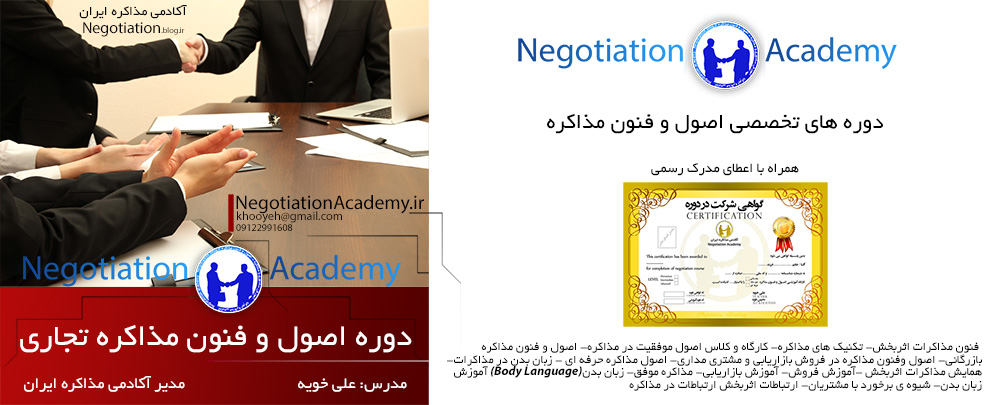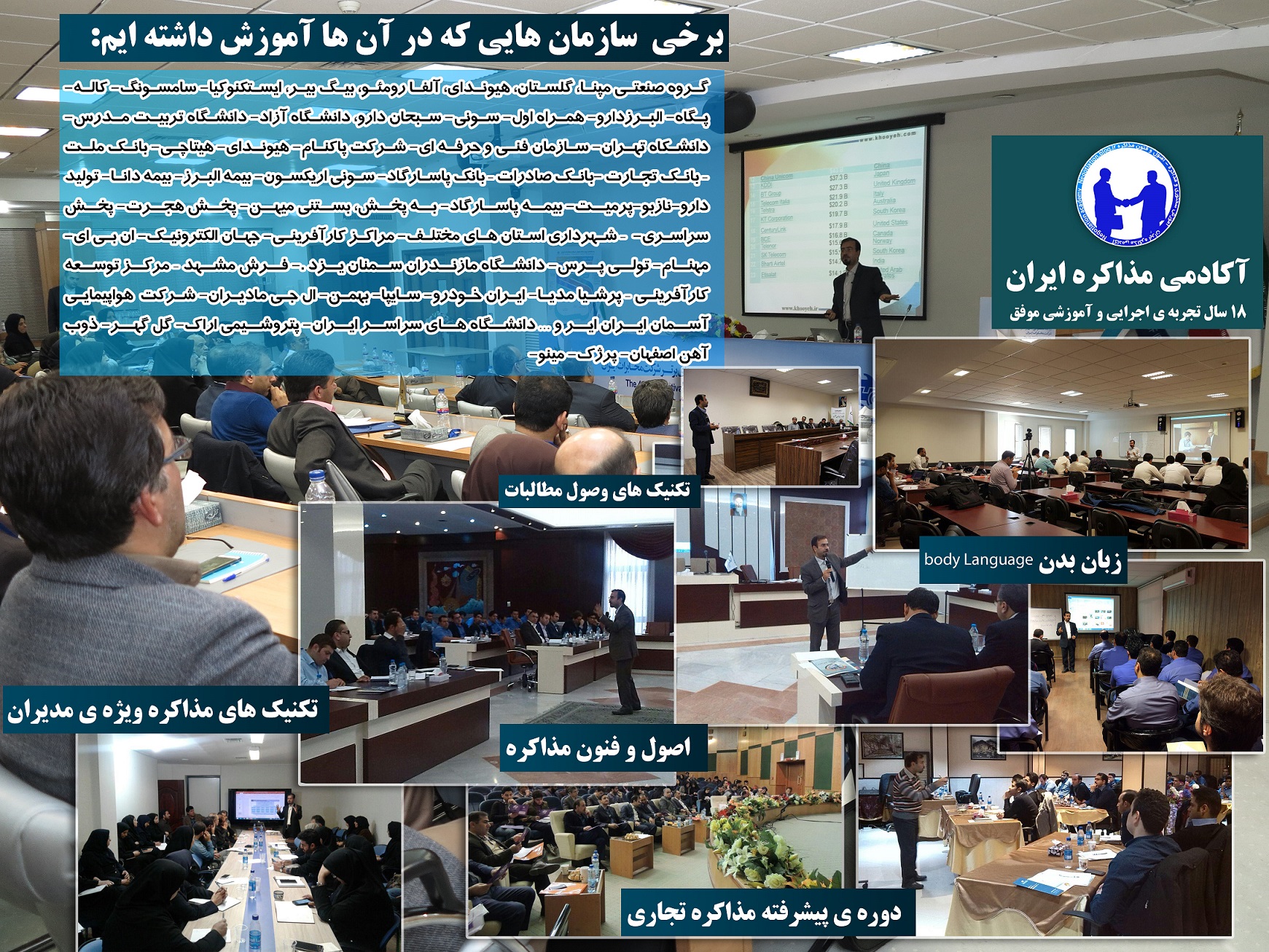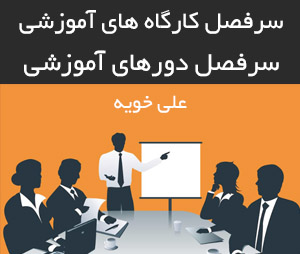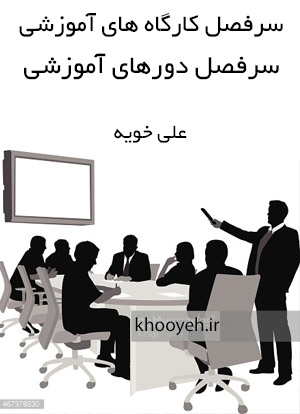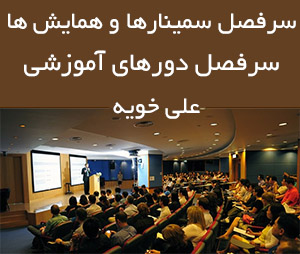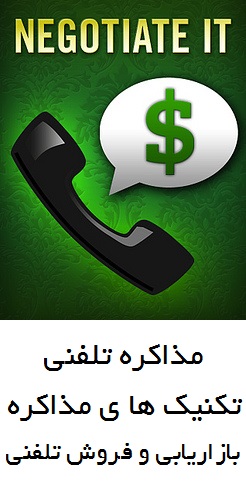The ability to negotiate successfully in today's turbulent business climate can make the difference between success and failure. With this in mind, Ed has reevaluated his list of top ten negotiation tips. Here are Ed Brodow's Ten Tips for Successful Negotiating updated for the year 2015:
1. Don't be afraid to ask for what you want. Successful negotiators are assertive and challenge everything – they know that everything is negotiable. I call this negotiation consciousness. Negotiation consciousness is what makes the difference between negotiators and everybody else on the planet.
Being assertive means asking for what you want and refusing to take NO for an answer. Practice expressing your feelings without anxiety or anger. Let people know what you want in a non-threatening way. Practice 'I' statements. For example, instead of saying, "You shouldn't do that," try substituting, "I don't feel comfortable when you do that."
Note that there is a difference between being assertive and being aggressive. You are assertive when you take care of your own interests while maintaining respect for the interests of others. When you see to your own interests with a lack of regard for other people's interests, you are aggressive. Being assertive is part of negotiation consciousness.
"Challenge" means not taking things at face value. It means thinking for yourself. You must be able to make up your own mind, as opposed to believing everything you are told. On a practical level, this means you have the right to question the asking price of that new car. It also means you have an obligation to question everything you read in the newspaper or hear on CNN. You cannot negotiate unless you are willing to challenge the validity of the opposing position.
2. Shut up and listen. I am amazed by all the people I meet who can't stop talking. Negotiators are detectives. They ask probing questions and then shut up. The other negotiator will tell you everything you need to know – all you have to do is listen.
Many conflicts can be resolved easily if we learn how to listen. The catch is that listening is the forgotten art. We are so busy making sure that people hear what we have to say that we forget to listen.
You can become an effective listener by allowing the other person to do most of the talking. Follow the 70/30 Rule – listen 70 percent of the time, and talk only 30 percent of the time. Encourage the other negotiator to talk by asking lots of open-ended questions – questions that can't be answered with a simple "yes" or "no."
consulting, education, research, execution & implementation marketing-communication-brand-advertising-selling-creativity Ali Khooyeh
3. Do your homework. This is what detectives do. Gather as much pertinent information prior to your negotiation. What are their needs? What pressures do they feel? What options do they have? Doing your homework is vital to successful negotiation. You can't make accurate decisions without understanding the other side's situation. The more information you have about the people with whom you are negotiating, the stronger you will be. People who consistently leave money on the table probably fail to do their homework.
4. Always be willing to walk away. I call this Brodow's Law. In other words, never negotiate without options. If you depend too much on the positive outcome of a negotiation, you lose your ability to say NO. When you say to yourself, "I will walk if I can't conclude a deal that is satisfactory," the other side can tell that you mean business. Your resolve will force them to make concessions. Clients often ask me, "Ed, if you could give me one piece of advice about negotiating, what would it be?" My answer, without hesitation, is: "Always be willing to walk away." Please note that I am not advising you to walk away, but if you don't even consider the option of walking away, you may be inclined to cave in to the other side's demands simply to make a deal. If you are not desperate - if you recognize that you have other options - the other negotiator will sense your inner strength.
5. Don't be in a hurry. Being patient is very difficult for Americans. We want to get it over with. Anyone who has negotiated in Asia, South America, or the Middle East will tell you that people in those cultures look at time differently than we do in North America and Europe. They know that if you rush, you are more likely to make mistakes and leave money on the table. Whoever is more flexible about time has the advantage. Your patience can be devastating to the other negotiator if they are in a hurry because they start to believe that you are not under pressure to conclude the deal. So what do they do? They offer concessions as a means of providing you with an incentive to say YES.
6. Aim high and expect the best outcome. Successful negotiators are optimists. If you expect more, you'll get more. A proven strategy for achieving higher results is opening with an extreme position. Sellers should ask for more than they expect to receive, and buyers should offer less than they are prepared to pay. People who aim higher do better. Your optimism will become a self-fulfilling prophecy. Conversely, if you have low expectations, you will probably wind up with a less satisfying outcome.
7. Focus on the other side's pressure, not yours. We have a tendency to focus on our own pressure, on the reasons why we need to make a deal. It's the old story about the grass being greener in the other person's backyard. If you fall into this trap, you are working against yourself. The other side will appear more powerful. When you focus on your own limitations, you miss the big picture. Instead, successful negotiators ask, "What is the pressure on the other side in this negotiation?" You will feel more powerful when you recognize the reasons for the other side to give in. Your negotiation power derives in part from the pressures on the other person. Even if they appear nonchalant, they inevitably have worries and concerns. It's your job to be a detective and root these out. If you discover that they are under pressure, which they surely are, look for ways to exploit that pressure in order to achieve a better result for yourself.
8. Show the other person how their needs will be met. Successful negotiators always look at the situation from the other side's perspective. Everyone looks at the world differently, so you are way ahead of the game if you can figure out their perception of the deal. Instead of trying to win the negotiation, seek to understand the other negotiator and show them ways to feel satisfied. My philosophy of negotiation includes the firm belief that one hand washes the other. If you help the other side to feel satisfied, they will be more inclined to help you satisfy your needs. That does not mean you should give in to all their positions. Satisfaction means that their basic interests have been fulfilled, not that their demands have been met. Don't confuse basic interests with positions/demands: Their position/demand is what they say they want; their basic interest is what they really need to get.
9. Don't give anything away without getting something in return. Unilateral concessions are self-defeating. Whenever you give something away, get something in return. Always tie a string: "I'll do this if you do that." Otherwise you are inviting the other negotiator to ask you for additional concessions. When you give something away without requiring them to reciprocate, they will feel entitled to your concession, and won't be satisfied until you give up even more. But if they have to earn your concession, they will derive a greater sense of satisfaction than if they got it for nothing.
10. Don't take the issues or the other person's behavior personally. All too often negotiations fail because one or both of the parties get sidetracked by personal issues unrelated to the deal at hand. Successful negotiators focus on solving the problem, which is: How can we conclude an agreement that respects the needs of both parties? Obsessing over the other negotiator's personality, or over issues that are not directly pertinent to making a deal, can sabotage a negotiation. If someone is rude or difficult to deal with, try to understand their behavior and don't take it personally.
You can go pretty far with these basic ideas. If you want to dig deeper, read my book, Negotiation Boot Camp, and – better yet – invite me to speak at your organization's next meeting or
convention.
brodow.com
consulting, education, research, execution & implementation marketing-communication-brand-advertising-selling-creativity Ali Khooyeh
khooyeh@gmail.com
آکادمی مذاکره ایران . Negotiation Academy
آکادمی اصول و فنون مذاکره .

